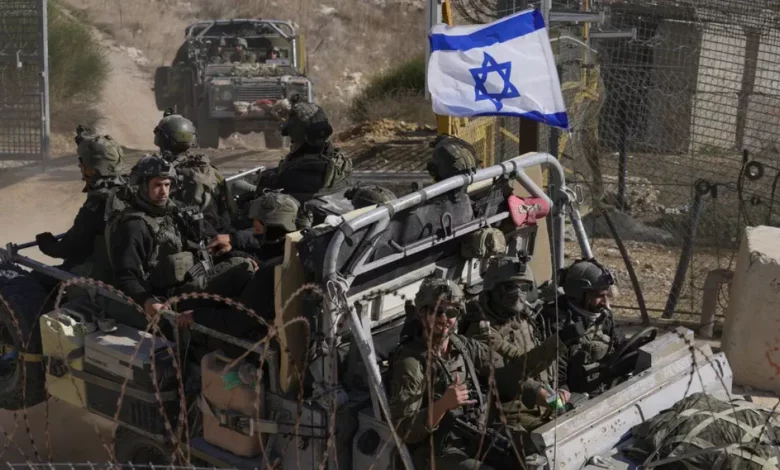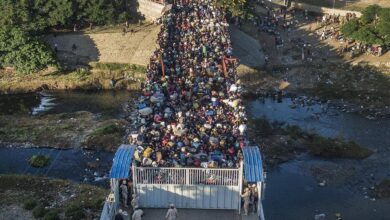
Israel has carried out a string of overnight strikes against Syrian air defenses and ammunition depots in an apparent bid to degrade the military capabilities of the country after the recent ouster of President Bashar al-Assad. The Syrian Observatory for Human Rights said Israeli forces struck military sites in the coastal Tartous region, in what was described as the most intense bombardment in over a decade.
Al Jazeera’s Resul Serdar, reporting from Damascus, said, “The explosions in Tartous were very loud,” indicating that a facility related to chemical weapons may have been targeted. The importance of strikes in the city of Tartous is considered to be the base for Syrian naval forces, especially as Israel recently targeted an entire fleet in the area.
Besides the strikes around Tartous, the Israeli forces targeted areas around Damascus, especially around Qasioun mountain, focusing on the radar and air defense systems. More military operations are expected to occur as officials say that remaining radar systems and military battalions will also be struck.
These latest raids are part of a wide-ranging Israeli campaign that reportedly has conducted some 600 strikes in Syria during the last eight days since al-Assad’s removal. This is meant to weaken the air defense and air force of Syria.
In a related development, Israeli troops have crossed into a United Nations-patrolled buffer zone separating Israeli and Syrian forces in the Golan Heights, thereby violating a 1974 armistice agreement. Israeli Prime Minister Benjamin Netanyahu’s office has also announced plans to increase the settler population in the Golan Heights, which has been under Israeli occupation since 1967.
Against this backdrop, Ahmed al-Sharaa, the chief of Syria’s new government, announced that his country is too tired for war. On their part, Syria’s Kurdish chiefs have appealed for an end to hostilities throughout the country for a healthy national debate to begin, offering an olive branch to the new rulers in Damascus.
Internationally, the new Syrian administration is getting recognition, with Turkiye and Qatar opening their embassies and holding recent discussions with U.S. and U.K. officials. The European Union’s foreign policy chief, Kaja Kallas, announced plans for the bloc’s envoy to visit Damascus to make contact with the new government.
While Western nations remain cautious about the new leadership in Syria, particularly due to al-Sharaa’s connections with the previously al-Qaeda-affiliated Hayat Tahrir al-Sham, the EU is set to discuss future engagement levels with the new regime. Geir Pedersen, the UN’s envoy to Syria, recently met with al-Sharaa, expressing hopes for an end to sanctions to aid economic recovery.
Also, a Qatari delegation arrived in Syria to see transitional officials and promised support for the Syrian people. A French diplomatic team will also travel to Damascus for initial contacts with the new authorities. In a show of solidarity, Ukrainian President Volodymyr Zelenskyy said that Ukraine is coordinating aid efforts, including sending wheat, flour, and oil to Syria.



